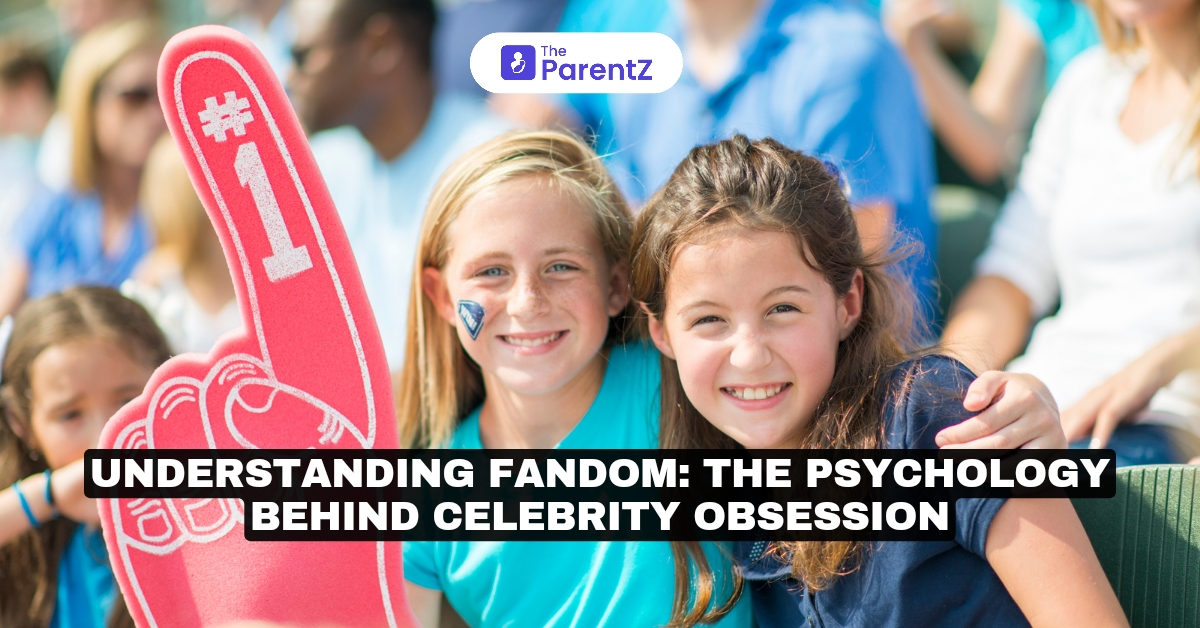The teenage years are a time of exploration, identity formation, and social connection. It's a period filled with intense emotions, rapid growth, and a desire to belong. One of the ways that teenagers often seek to connect with the world is through their fascination with celebrities. This intense interest, usually referred to as "fandom," can range from casual appreciation to obsessive admiration. But what drives this fascination, and how does it impact a teenager's development?
The Need for Connection
At its core, the desire for celebrity connection is rooted in a fundamental human need: the need for connection. Teenagers are particularly vulnerable to feelings of isolation and loneliness, especially as they navigate the complexities of social relationships. Celebrities offer a sense of companionship, even if it's only through a screen. By following a celebrity's life, teenagers can feel like they are part of something larger than themselves. They can experience vicarious thrills, share in their triumphs, and mourn their losses.
The Idealization Process
When we see a figure we like, our minds often engage in idealization. We project our own hopes, dreams, and desires onto this person, creating a mental image that is often far removed from reality. This idealization can be particularly powerful for teenagers, who are still developing their own sense of self. Celebrities can become symbols of everything they aspire to be: beautiful, talented, successful, and admired.
The Illusion of Intimacy
The internet has revolutionized the way we connect with celebrities. Social media platforms allow fans to feel closer to their idols than ever before. They can comment on their posts, like their photos, and even engage in direct messaging. This illusion of intimacy can be intoxicating, leading teenagers to believe that they have a genuine connection with their favorite celebrities. However, it's important to remember that celebrities are human beings, just like us. They have their own lives, their struggles, and their flaws.
The Psychological Impact of Celebrity Worship
Children's fascination with celebrities can have both positive and negative psychological effects. On the positive side, fandom can boost self-esteem and provide a sense of purpose. Engaging with a beloved celebrity can inspire children to pursue their interests, whether in arts, sports, or academics. For example, a child who admires a famous musician may be motivated to learn an instrument or participate in music classes.
Conversely, the darker aspects of fandom can lead to unhealthy behaviors. When admiration turns into obsession, children may develop an unrealistic view of their idols, forgetting that celebrities are human beings with flaws. This may lead to feelings of disappointment and disillusionment when celebrities behave in ways that contradict the idealized image children have constructed. Additionally, the pressure to conform to fandom norms can create anxiety and fear of exclusion, particularly in social settings where peer approval is paramount.
The Role of Parents in Navigating Fandom
As parents, understanding the psychology behind children's fandoms is crucial for fostering healthy relationships with celebrity culture. Instead of dismissing their interests as mere obsession, parents can engage in open discussions about the nature of celebrity and fandom. Here are some strategies to consider:
- Encourage Critical Thinking: Help children analyze their feelings towards celebrities. Discuss the difference between admiration and obsession, and encourage them to think critically about the behaviors and values of their idols.
- Promote Healthy Boundaries: Teach children the importance of maintaining a balanced perspective. Please encourage them to appreciate celebrities for their talents while recognizing their humanity. This can help mitigate the risk of unhealthy attachment.
- Facilitate Diverse Interests: Encourage children to explore various interests beyond celebrity culture. Engaging in sports, arts, or community activities can provide a broader base for identity formation and reduce the likelihood of obsessive behavior.
- Model Healthy Relationships: As role models, parents can demonstrate how to appreciate public figures without idolizing them. Share your own interests in celebrities while emphasizing their human qualities and imperfections.
- Create Open Lines of Communication: Promote an environment where your kids can discuss their feelings and experiences related to fandom. This can help parents identify any concerning behaviors early on and address them appropriately.
Conclusion
Remember, fandom is a normal part of adolescence. It's a way for teenagers to explore their identities and connect with the world around them. By understanding the psychology of fandom and providing support and guidance, you can help your children navigate this challenging period of their lives healthily and positively.





Be the first one to comment on this story.